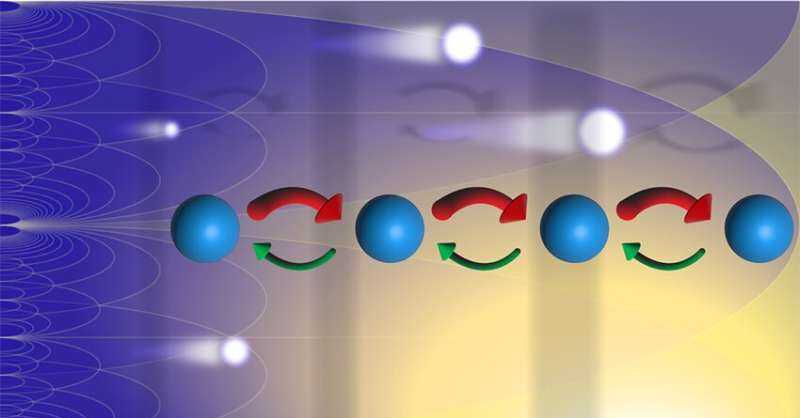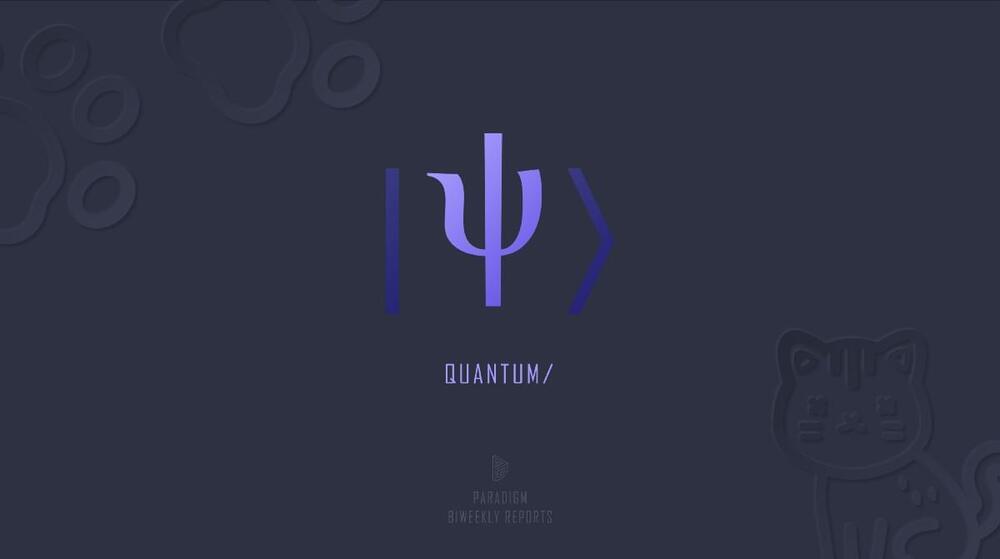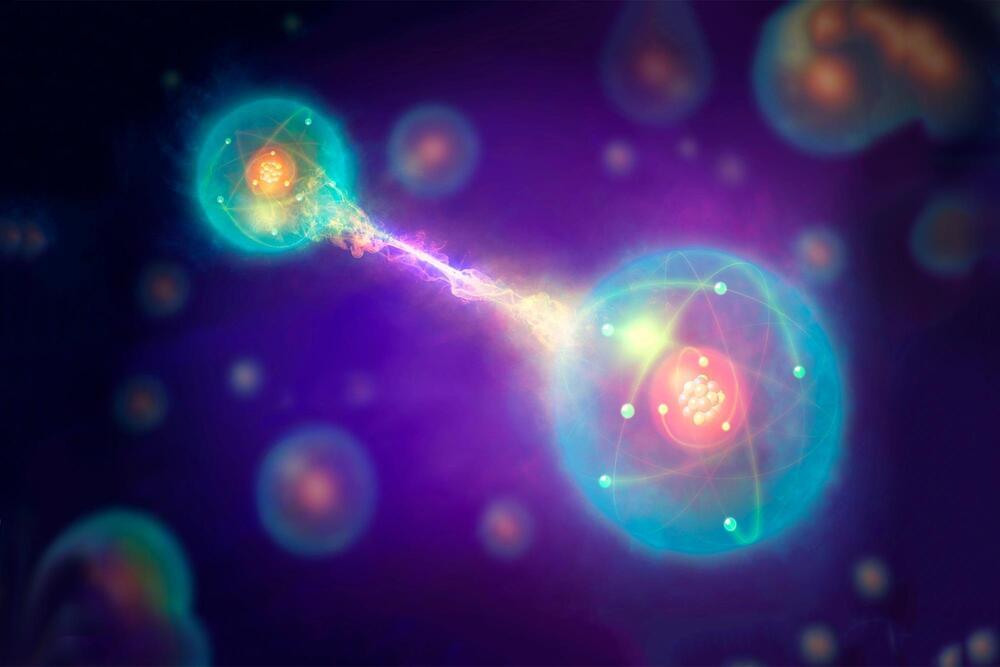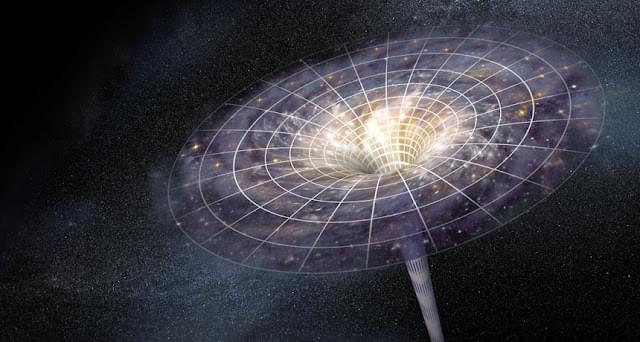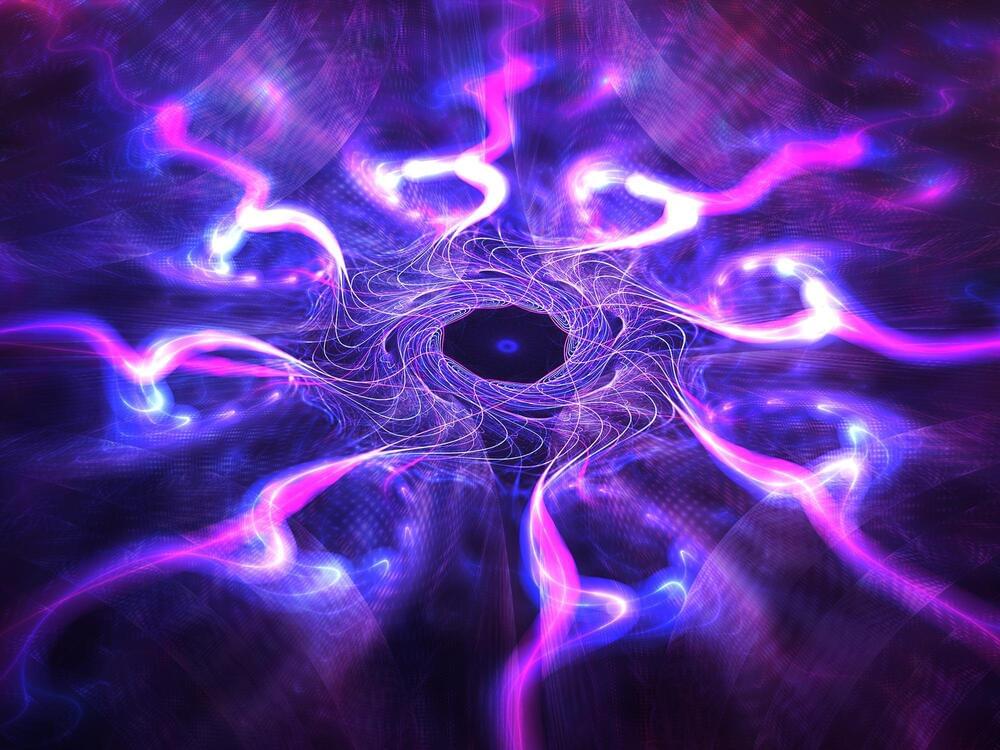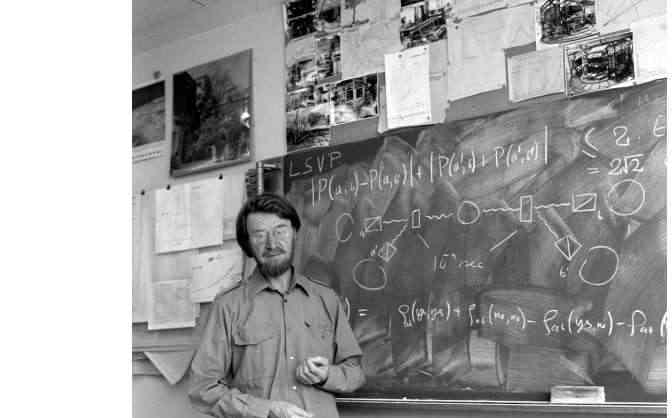Archive for the ‘quantum physics’ category: Page 372
Oct 10, 2022
QT/ Future sparkles for diamond-based quantum technology
Posted by Dan Breeden in categories: nanotechnology, quantum physics
“It’s akin to cutting holes or carving gullies in a super thin sheet of diamond, to ensure light travels and bounces in the desired direction,” he said.
To overcome the “etching” challenge, the researchers developed a new hard masking method, which uses a thin metallic tungsten layer to pattern the diamond nanostructure, enabling the creation of one-dimensional photonic crystal cavities.
Oct 10, 2022
Scientist FINALLY Discovered First Ever Parallel Universe!
Posted by Dan Breeden in categories: alien life, Elon Musk, quantum physics
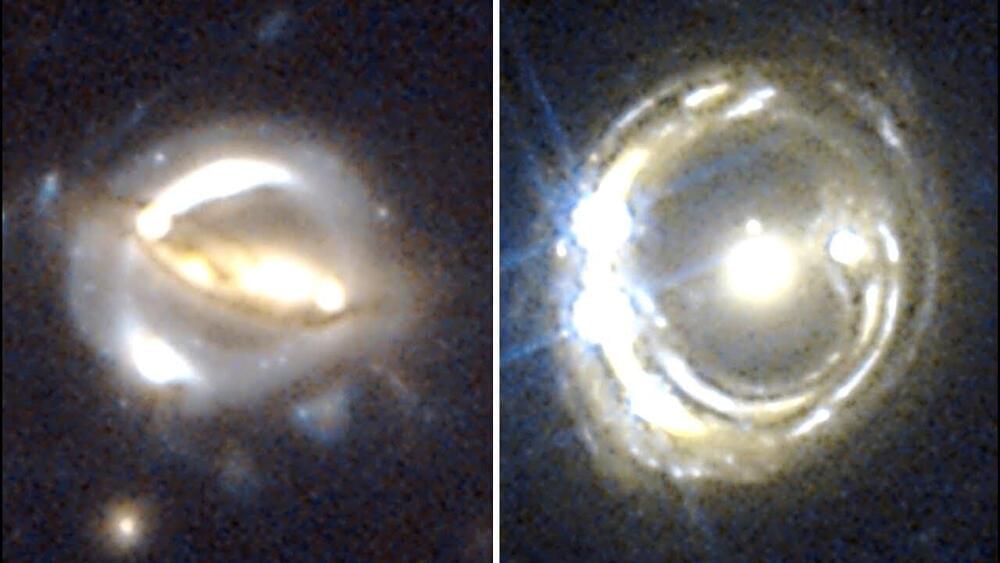
A billion versions.
What if we told you that you exist in another universe that you are unaware of? While this may sound frightening, it is not impossible to find a perfect copy of yourself or a loved one living in a completely different universe due to the theory of multiple or parallel universes.
However, while some scientists dismiss the theory as fiction, more evidence for the existence of these alternate universes is emerging. What are parallel universes and how do they affect you? All of this and more as we delve into how scientists have finally discovered proof for the existence of parallel universes.
Have you ever wondered if there are other forms of life out there in the universe? Humans have been preoccupied with their questions since time immemorial, but of course, questions like these are why we are humans. Scientists, on the other hand, do much more than ask about other forms of life because some of them have theorized that there may be another universe out there right alongside ours.
Some believe that there may be an endless number of similar universes, which they refer to as parallel universes. This premise appears to be lifted directly from science fiction novels and movies, and there have definitely been many of them over the years to pique the interest of readers and viewers everywhere.
Hugh Everett III, a Princeton university student at the time, proposed the controversial idea of parallel universes or realms that appear exactly like and are connected to our own in 1954. These parallel universes diverge from ours, while our universe diverges from others.
This daring theory has many practical implications because it implies that in parallel universes, world wars may have different outcomes. For example, species such as dinosaurs may have lived in particular parallel universes or are still living there, and humans themselves may have become extinct in certain parallel universes.
Continue reading “Scientist FINALLY Discovered First Ever Parallel Universe!” »
Oct 9, 2022
Physicists push limits of Heisenberg Uncertainty Principle
Posted by Dan Breeden in categories: particle physics, quantum physics
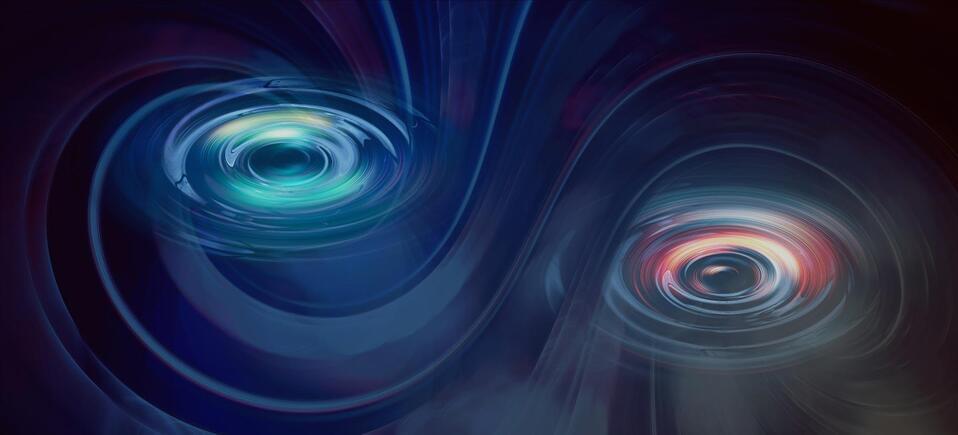
Recently published research pushes the boundaries of key concepts in quantum mechanics. Studies from two different teams used tiny drums to show that quantum entanglement, an effect generally linked to subatomic particles, can also be applied to much larger macroscopic systems. One of the teams also claims to have found a way to evade the Heisenberg uncertainty principle.
One question that the scientists were hoping to answer pertained to whether larger systems can exhibit quantum entanglement in the same way as microscopic ones. Quantum mechanics proposes that two objects can become “entangled,” whereby the properties of one object, such as position or velocity, can become connected to those of the other.
Oct 9, 2022
First Experimental Proof That Quantum Entanglement Is Real
Posted by Genevieve Klien in categories: particle physics, quantum physics
A Q&A with Caltech alumnus John Clauser on his first experimental proof of quantum entanglement.
When scientists, including Albert Einstein and Erwin Schrödinger, first discovered the phenomenon of entanglement in the 1930s, they were perplexed. Disturbingly, entanglement required two separated particles to remain connected without being in direct contact. In fact, Einstein famously called entanglement “spooky action at a distance,” because the particles seemed to be communicating faster than the speed of light.
Born on December 1, 1942, John Francis Clauser is an American theoretical and experimental physicist known for contributions to the foundations of quantum mechanics, in particular the Clauser–Horne–Shimony–Holt inequality. Clauser was awarded the 2022 Nobel Prize in Physics, jointly with Alain Aspect and Anton Zeilinger “for experiments with entangled photons, establishing the violation of Bell inequalities and pioneering quantum information science.”
Oct 8, 2022
Scientists Claim To Have Discover What Existed BEFORE The Beginning Of The Universe!
Posted by Dan Breeden in categories: information science, mathematics, quantum physics
Non-scientific versions of the answer have invoked many gods and have been the basis of all religions and most philosophy since the beginning of recorded time.
Now a team of mathematicians from Canada and Egypt have used cutting edge scientific theory and a mind-boggling set of equations to work out what preceded the universe in which we live.
In (very) simple terms they applied the theories of the very small – the world of quantum mechanics – to the whole universe – explained by general theory of relativity, and discovered the universe basically goes though four different phases.
Oct 8, 2022
“Something Strange Is Going On” — Physicists Answer a Decades-Old Question
Posted by Paul Battista in categories: computing, quantum physics
“It’s a really old question inherited from condensed matter physics,” said David Weld, an experimental physicist at UCSB with specialties in ultracold atomic physics and quantum simulation. The question falls into the category of ‘many-body’ physics, which interrogates the physical properties of a quantum system with multiple interacting parts. While many-body problems have been a matter of research and debate for decades, the complexity of these systems, with quantum behaviors such as superposition and entanglement, leads to multitudes of possibilities, making it impossible to solve through calculation alone. “Many aspects of the problem are beyond the reach of modern computers,” Weld added.
Oct 8, 2022
How philosophy turned into physics and reality turned into information
Posted by Dan Breeden in category: quantum physics
The Nobel Prize in physics this year has been awarded “for experiments with entangled photons, establishing the violation of Bell inequalities and pioneering quantum information science.”…
Oct 7, 2022
Optical foundations illuminated
Posted by Saúl Morales Rodriguéz in category: quantum physics
Optics, the study of light, is one of the oldest fields in physics and has never ceased to surprise researchers. Although the classical description of light as a wave phenomenon is rarely questioned, the physical origins of some optical effects are. A team of researchers at Tampere University have brought the discussion on one fundamental wave effect, the debate around the anomalous behavior of focused light waves, to the quantum domain.
The researchers have been able to show that quantum waves behave significantly differently from their classical counterparts and can be used to increase the precision of distance measurements. Their findings also add to the discussion on physical origin of the anomalous focusing behavior. The results are now published in Nature Photonics.
“Interestingly, we started with an idea based on our earlier results and set out to structure quantum light for enhanced measurement precision. However, we then realized that the underlying physics of this application also contributes to the long debate about the origins of the Gouy phase anomaly of focused light fields,” explains Robert Fickler, group leader of the Experimental Quantum Optics group at Tampere University.
Oct 7, 2022
Nobel Prize: Quantum Entanglement Unveiled
Posted by Saúl Morales Rodriguéz in categories: computing, encryption, quantum physics
The 2022 Nobel Prize in Physics honors research on the foundations of quantum mechanics, which opened up the quantum information frontier.
7 October 2022: We have replaced our initial one-paragraph announcement with a full-length Focus story.
The Nobel Prize in Physics this year recognizes efforts to take quantum weirdness out of philosophy discussions and to place it on experimental display for all to see. The award is shared by Alain Aspect, John Clauser, and Anton Zeilinger, all of whom showed a mastery of entanglement—a quantum relationship between two particles that can exist over long distances. Using entangled photons, Clauser and Aspect performed some of the first “Bell tests,” which confirmed quantum mechanics predictions while putting to bed certain alternative theories based on classical physics. Zeilinger used some of those Bell-test techniques to demonstrate entanglement control methods that can be applied to quantum computing, quantum cryptography, and other quantum information technologies.
